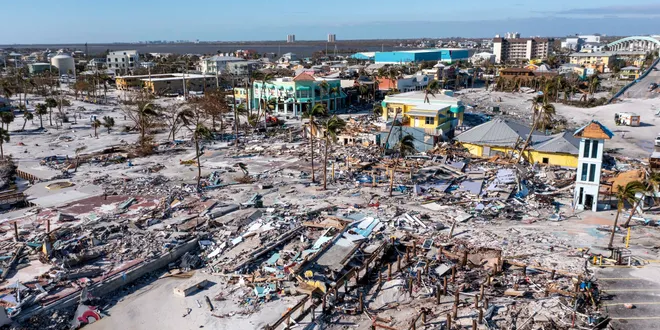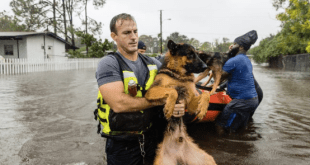When natural disasters (earthquakes, fire, hurricanes) occur, evacuation is often suggested, urged and sometimes declared mandatory, as was the case in Florida when Hurricane Ian came ashore in all its fury. As time has passed, we are learning that many did not evacuate, some because they were obstinate, though many because they lacked the resources or means to evacuate.
NPR tells us how Sharon Charles stayed because she had a wildlife rehabilitation facility and her animals wouldn’t be allowed into the shelter so she opted to stay with her animals. NPR continues how the first responders have no choice, they are there and will (when it is safe, tho they tend to push that definition to the limit) render aid to those who stayed behind. Similarly, the elderly, handicapped/disabled and those with a language barrier are among those for whom evacuation is more complex than getting into a vehicle (if they have one) or using public transport (if it exists).
NPR continues, how the poorest wait to the last minute for economical reasons, while the affluent leave early, because they can afford the expense of evacuation. What this does is, hotel rooms are already gone, shelters are full and there is no where to evacuate to, and thus they end up trying to ride out the storm.
Ideas for future evacuation
Provide guidance to communities in areas prone to natural disasters, be they earthquakes, wildfires, hurricanes, etc., with guides on preparing for evacuation in languages other than English and Spanish. King County Washington for example, issues their notices and guides in multiple languages to include Chinese, Vietnamese, Russian, English, and Spanish among others, to ensure the most comprehensive understanding of the guidance being issued by the local authorities.
Cara Cuite, a health psychologist and assistant extension specialist in the department of human ecology at Rutgers University, commented in an CNN interview, on why hurricane Ian killed so many people, that “People need to know that they are in an area being asked to evacuate — and waiting until the storm is on its way to find out their zone may be too late. Emergency managers need to educate people in advance of imminent storms while also developing more robust websites to handle the queries in the days before the storm” She continued, “For future storms, it will be important to continue to help people, especially the most vulnerable, understand how and why to evacuate, often under quickly shifting forecasts. Hurricane Ian demonstrated that sometimes the worst-case scenario really does happen.”
 Securely Travel Travel Securely
Securely Travel Travel Securely





